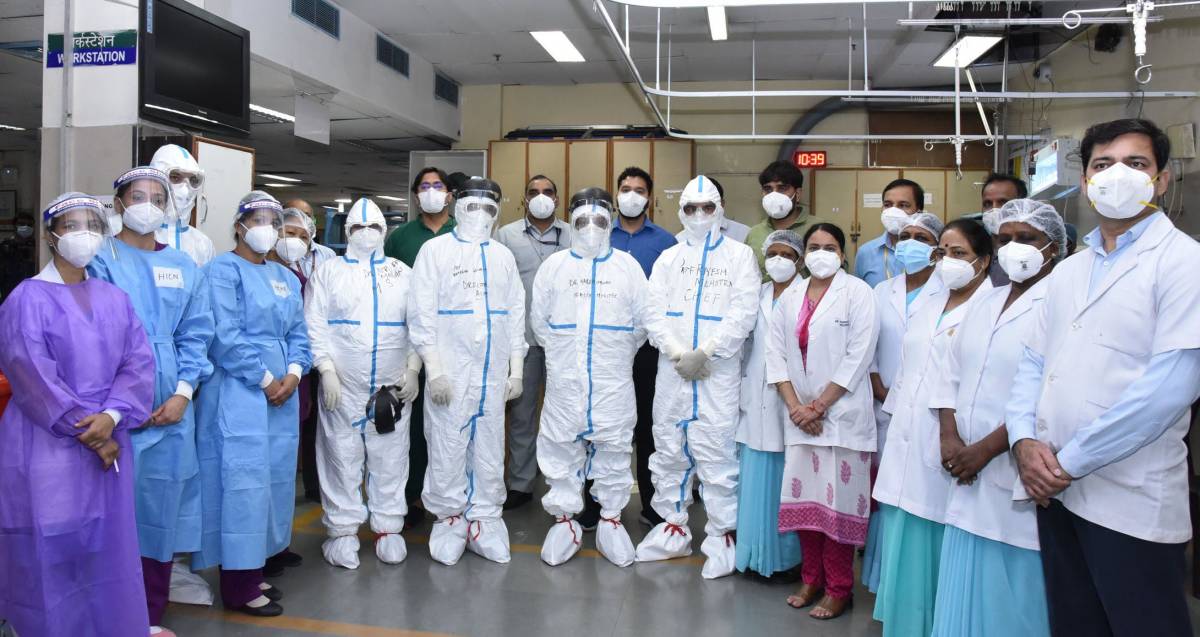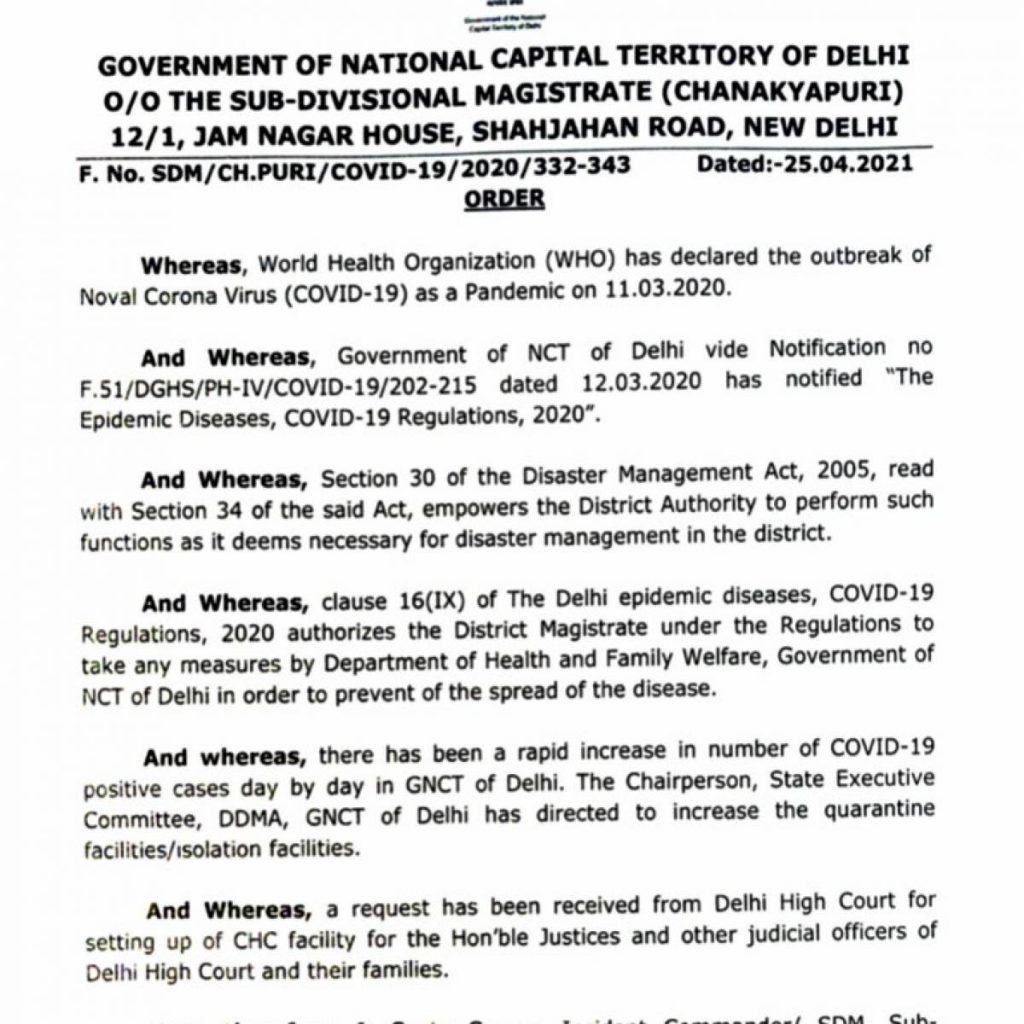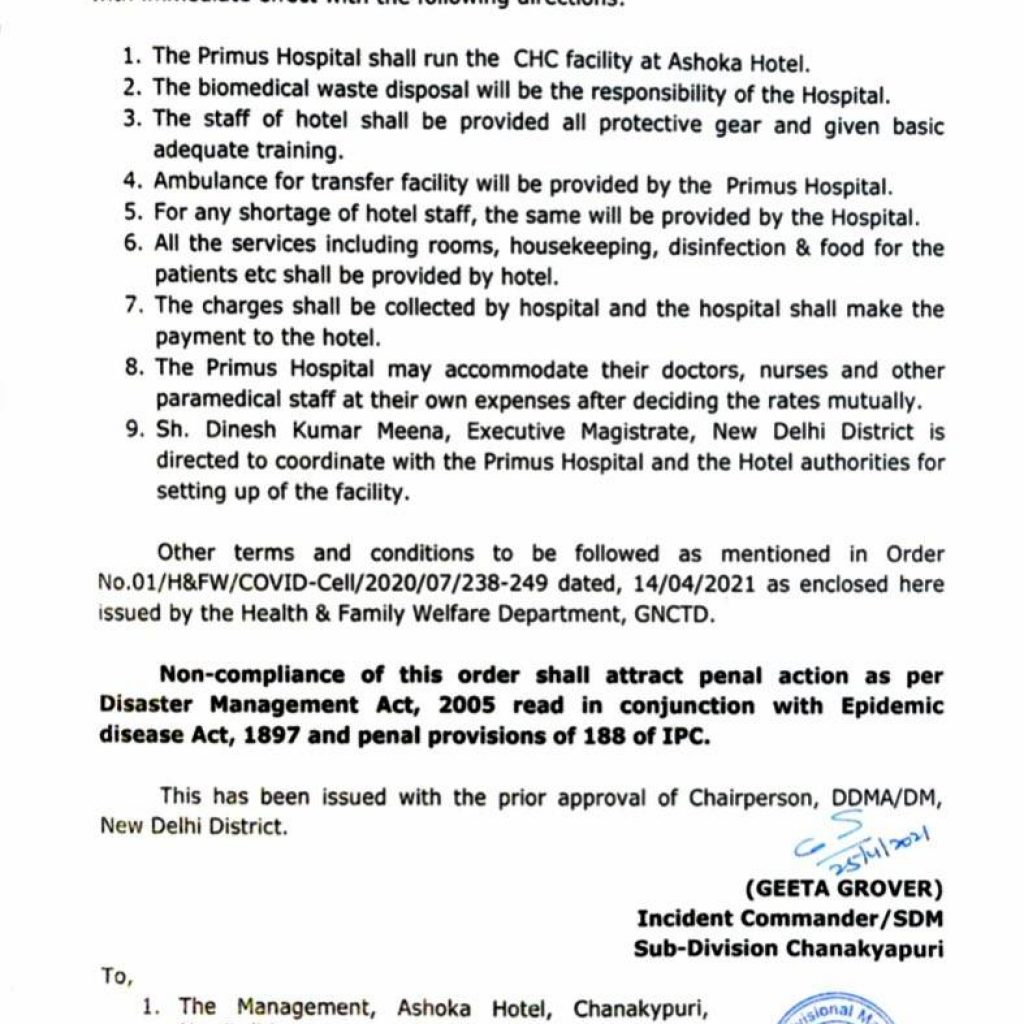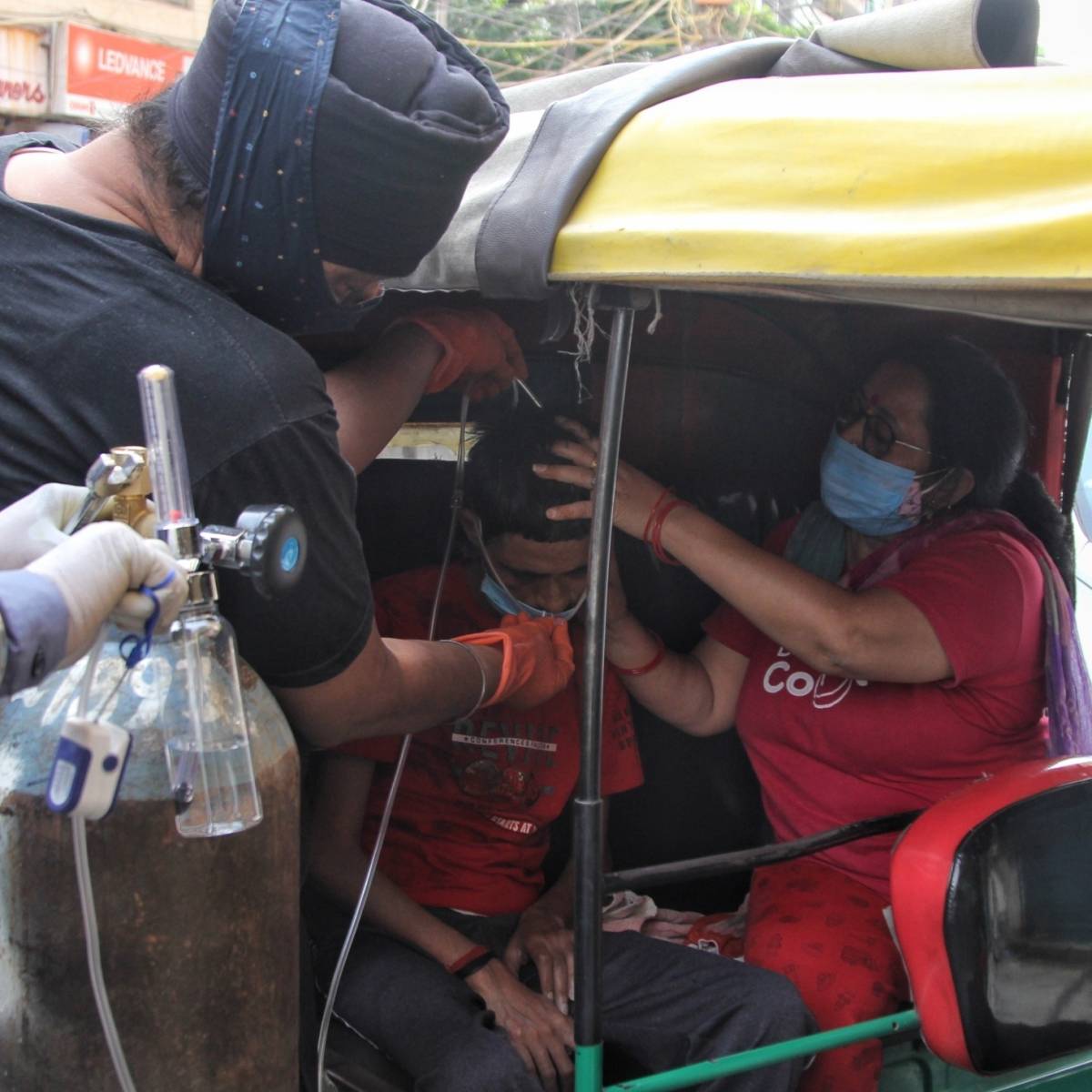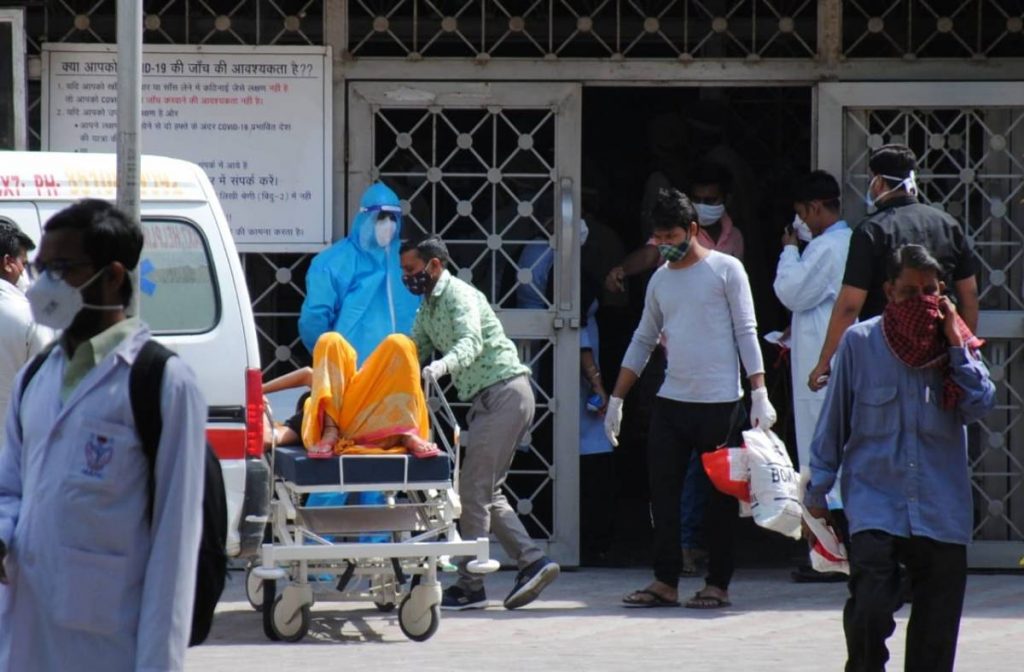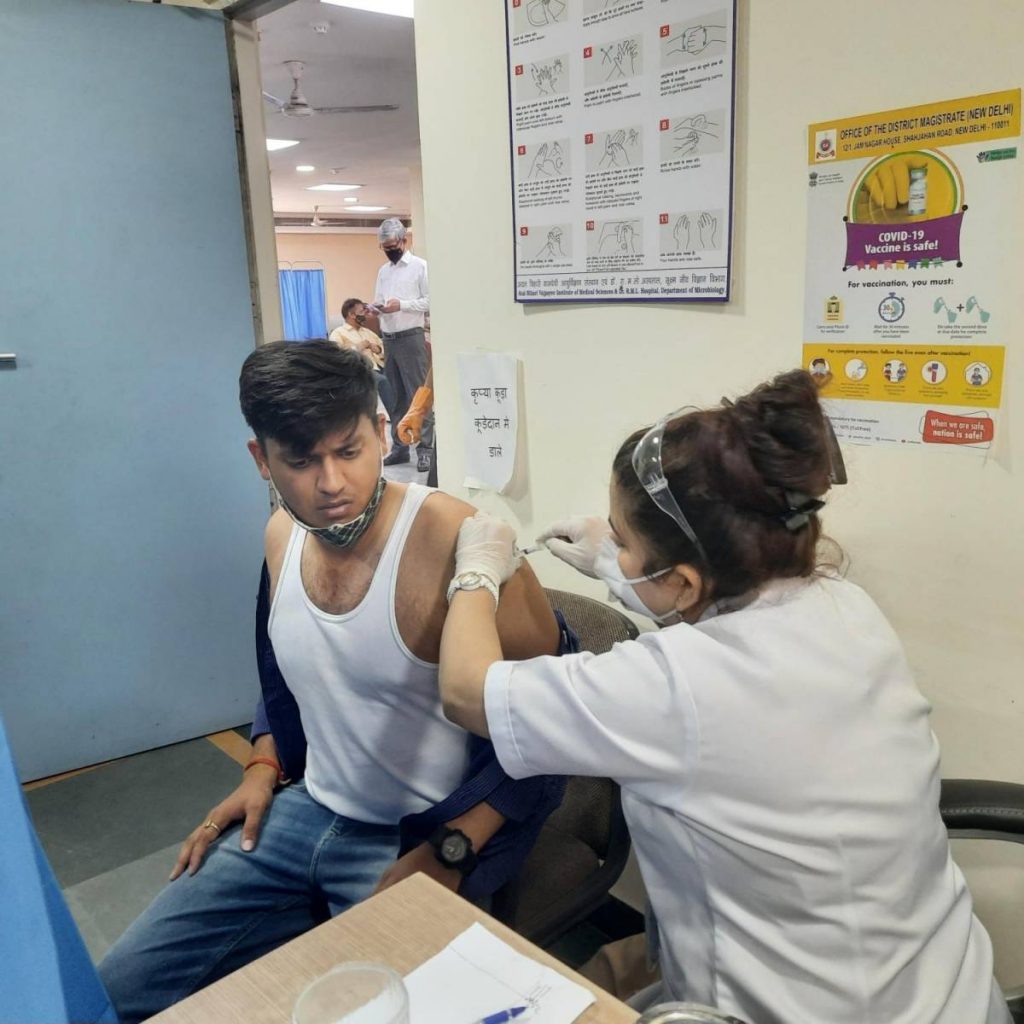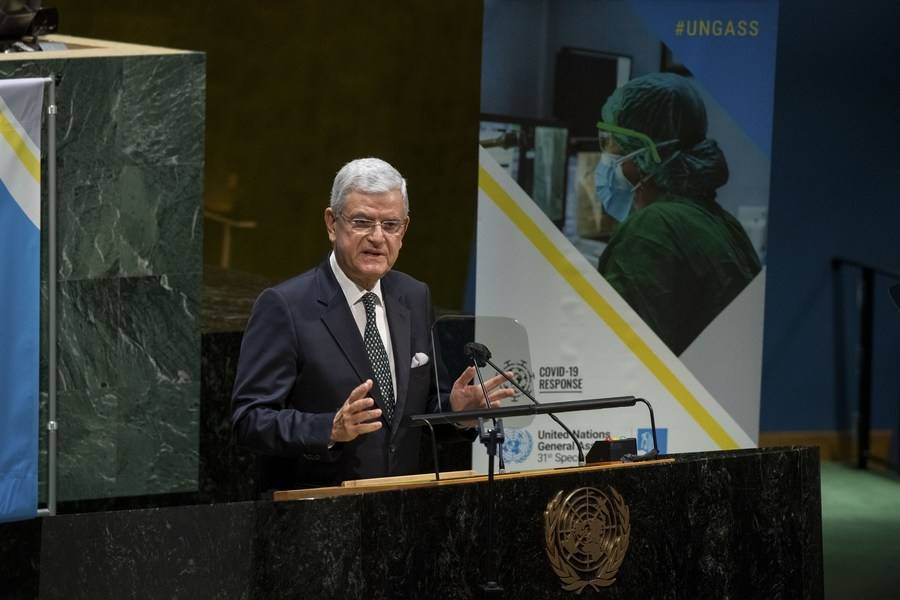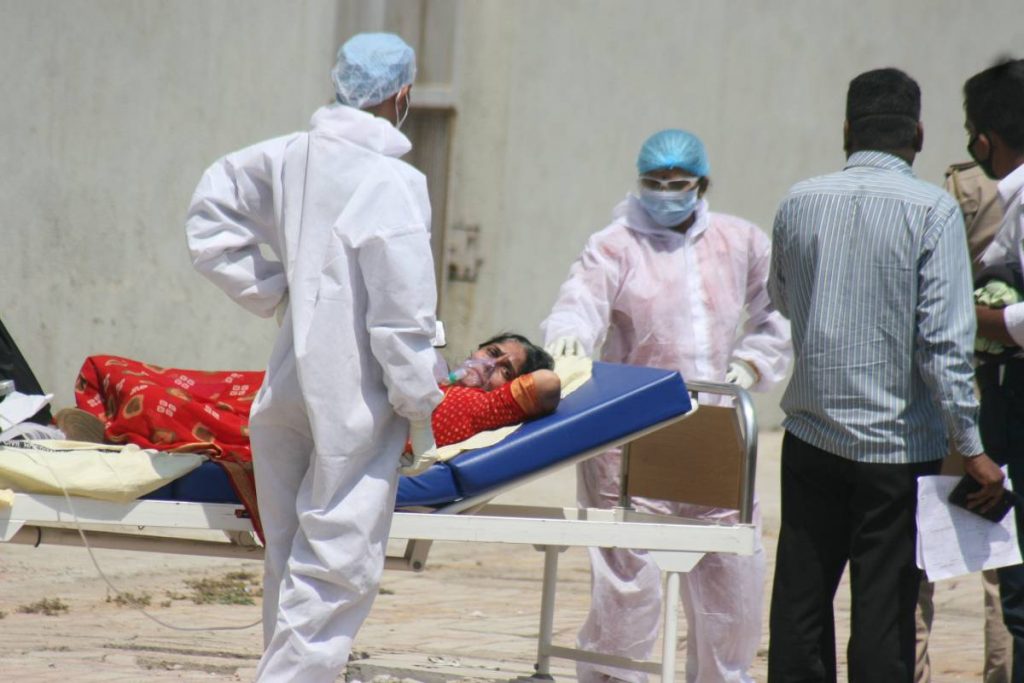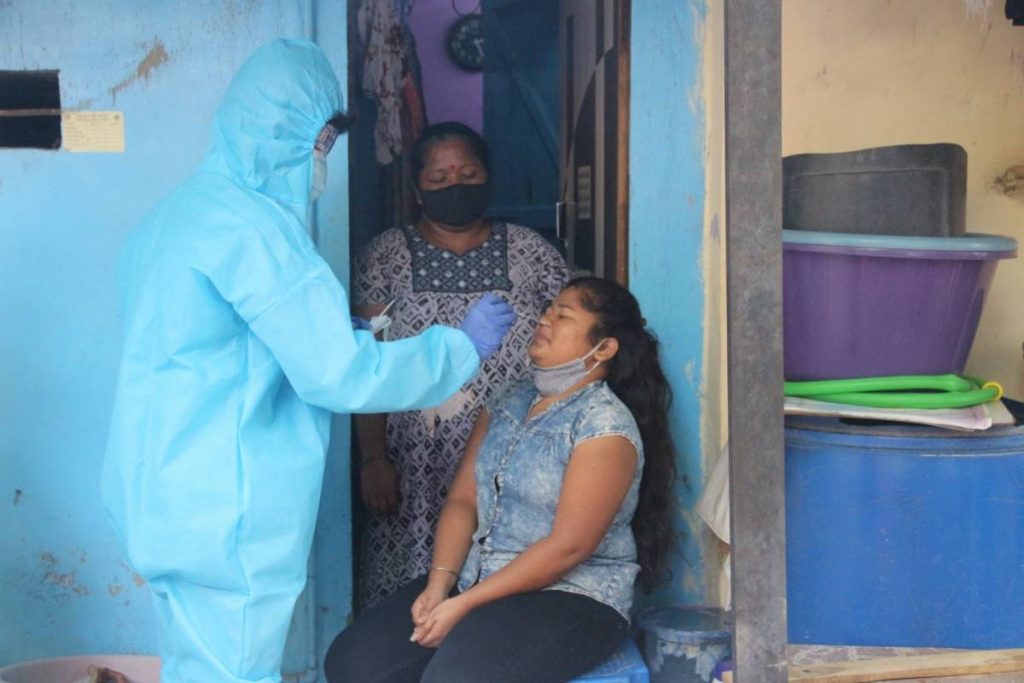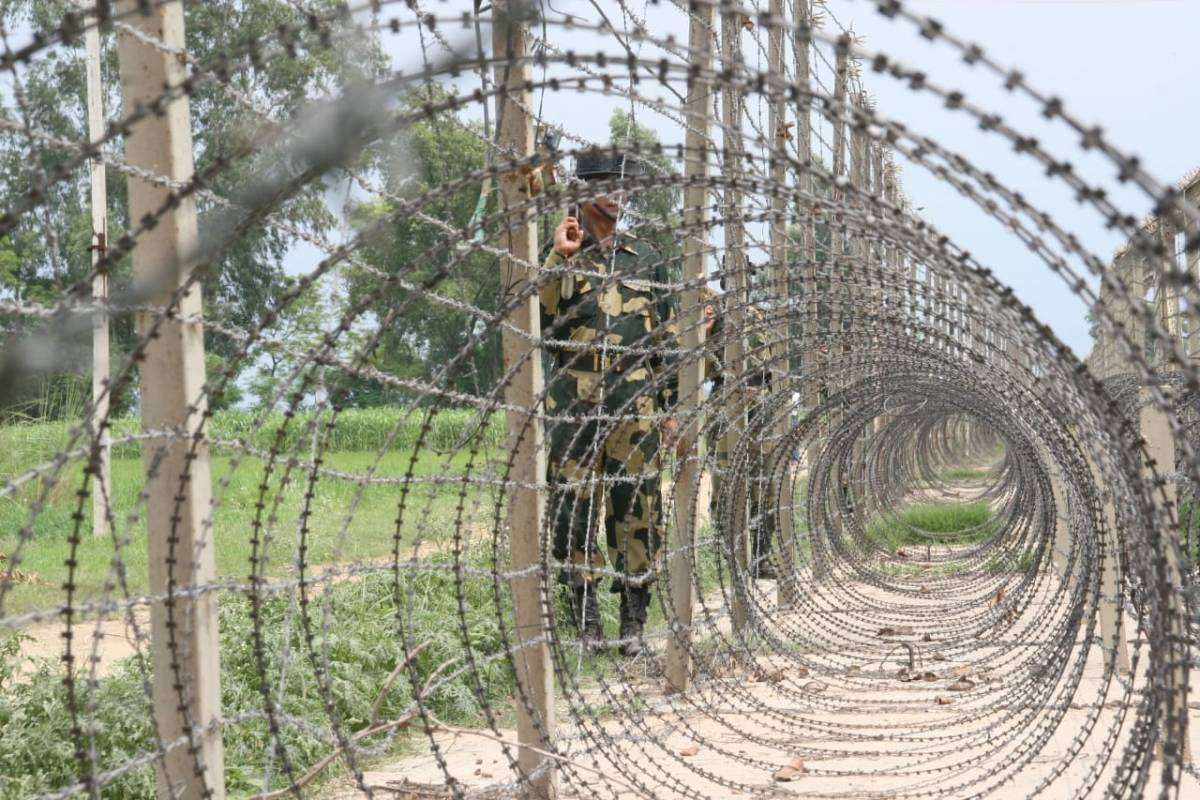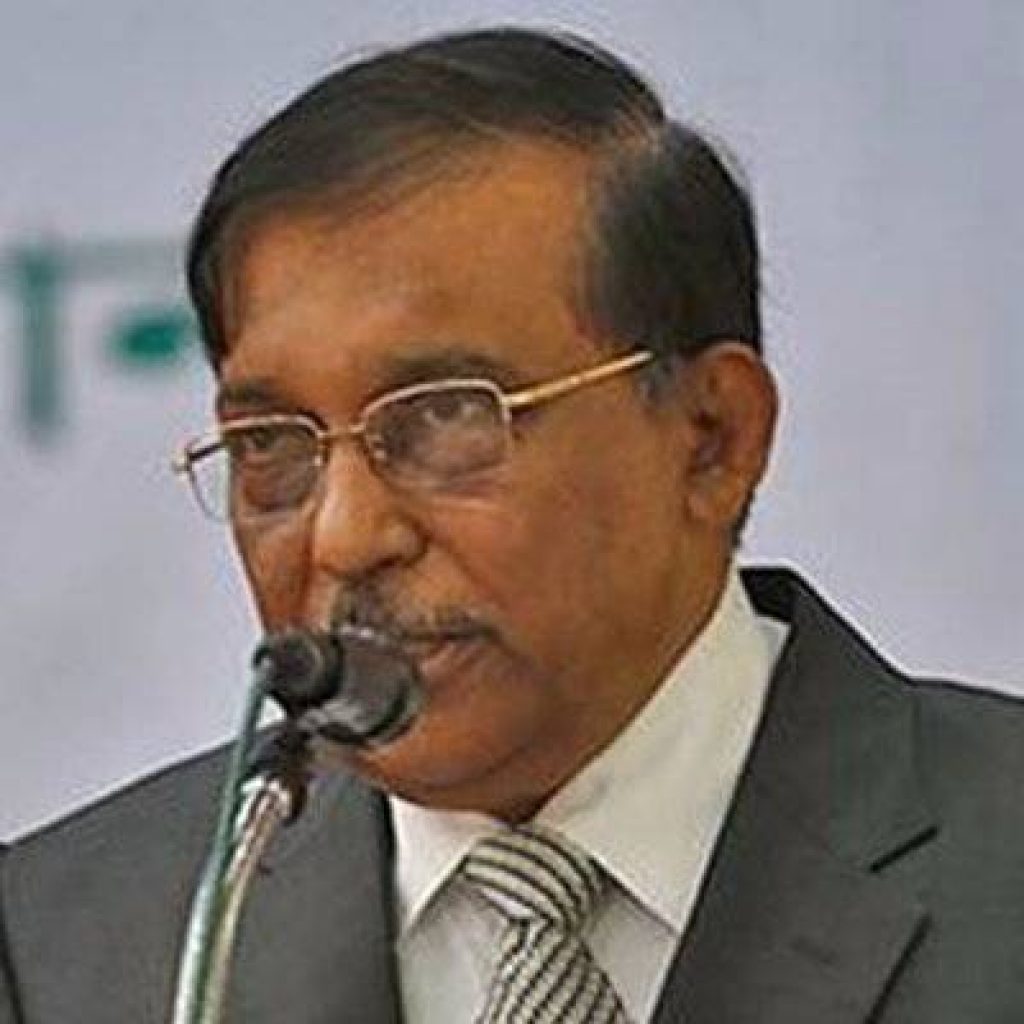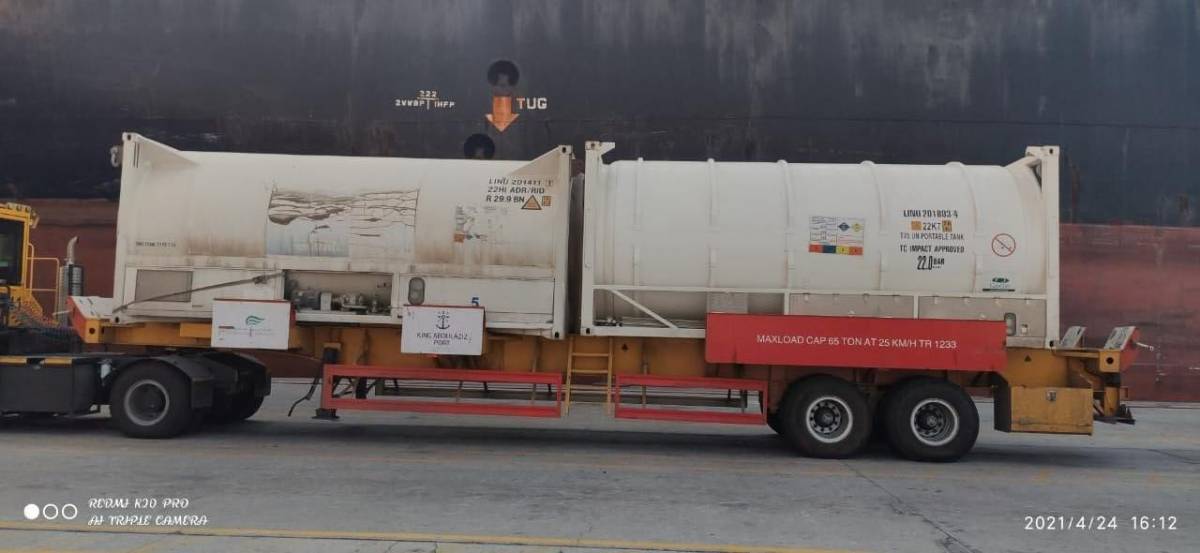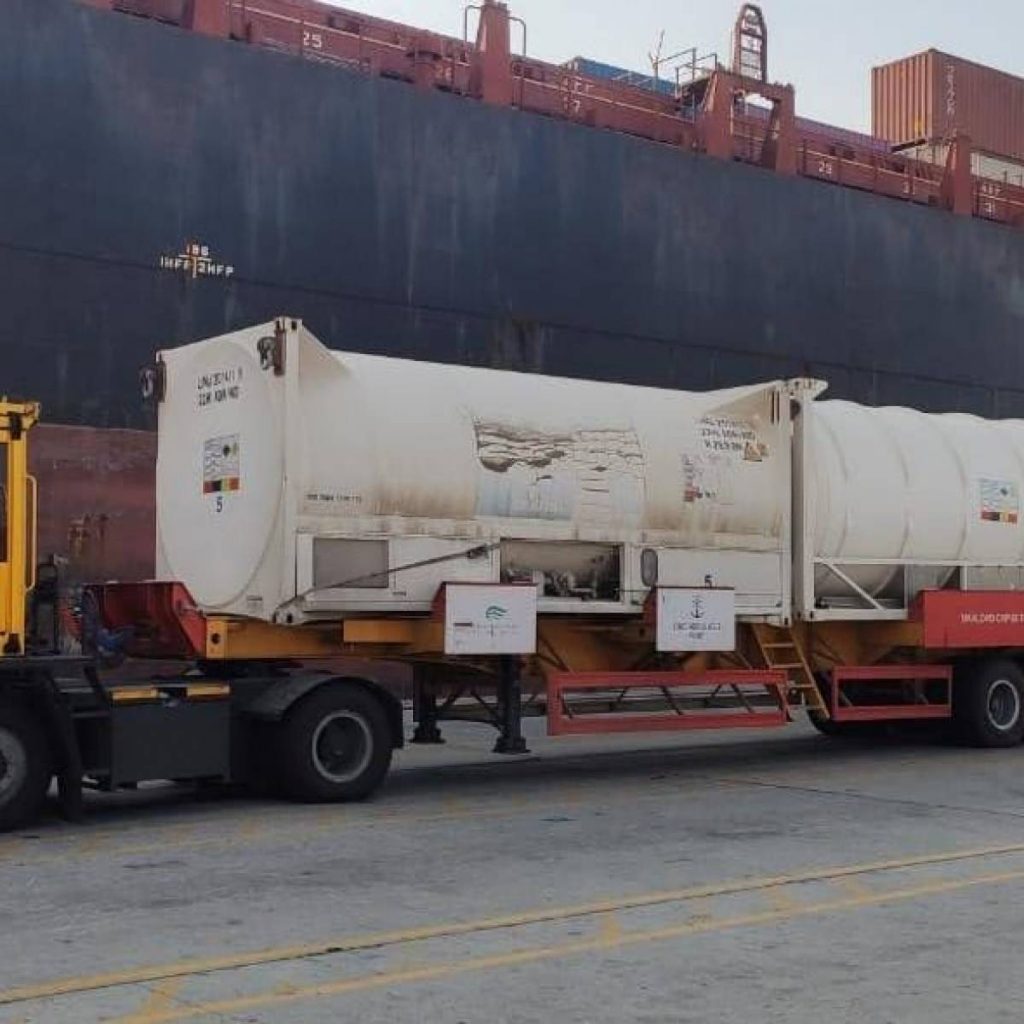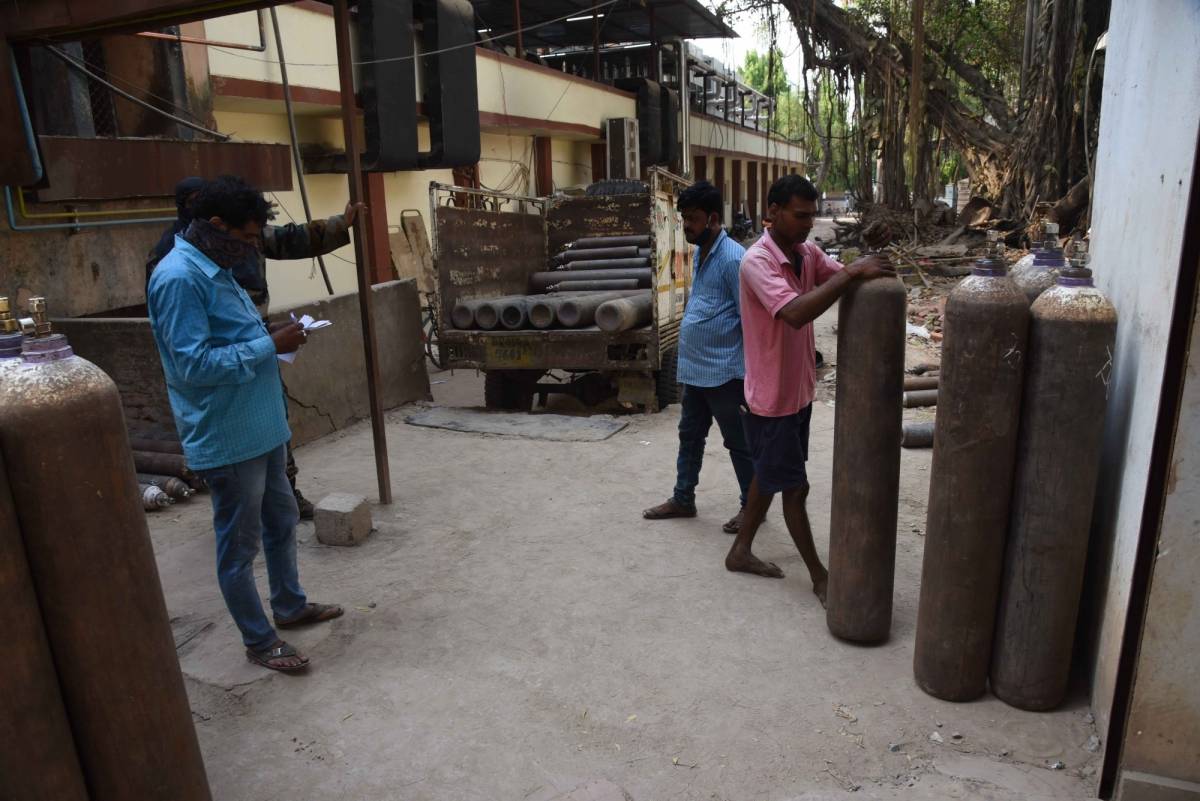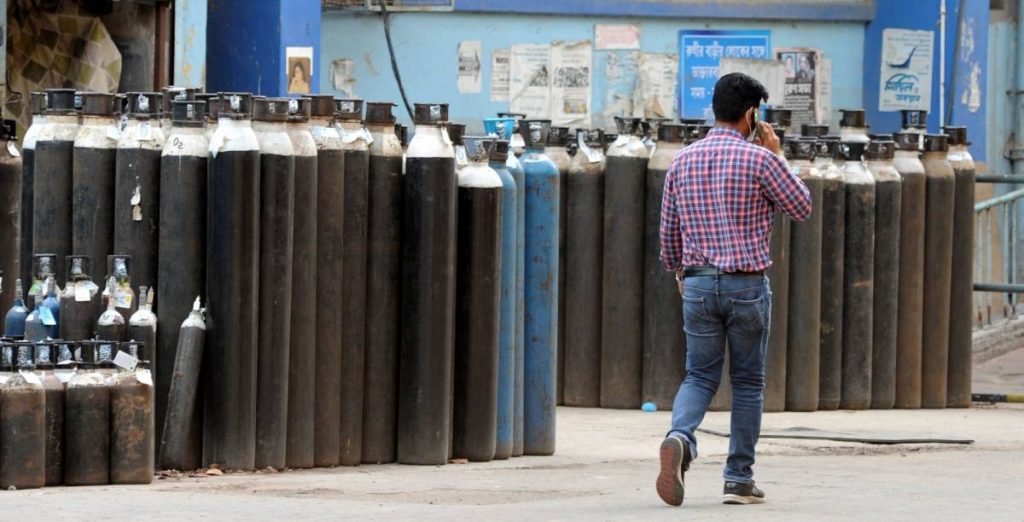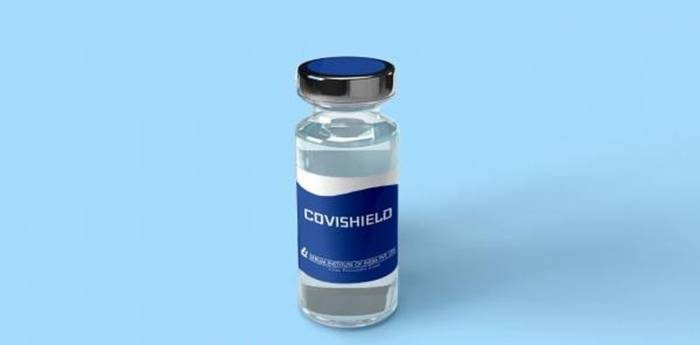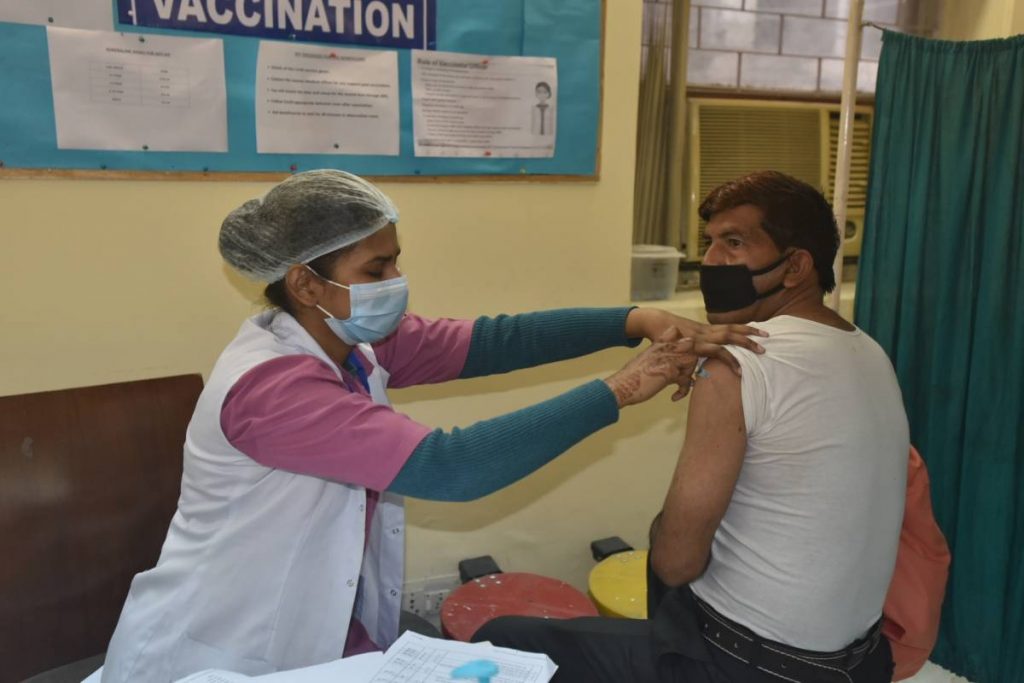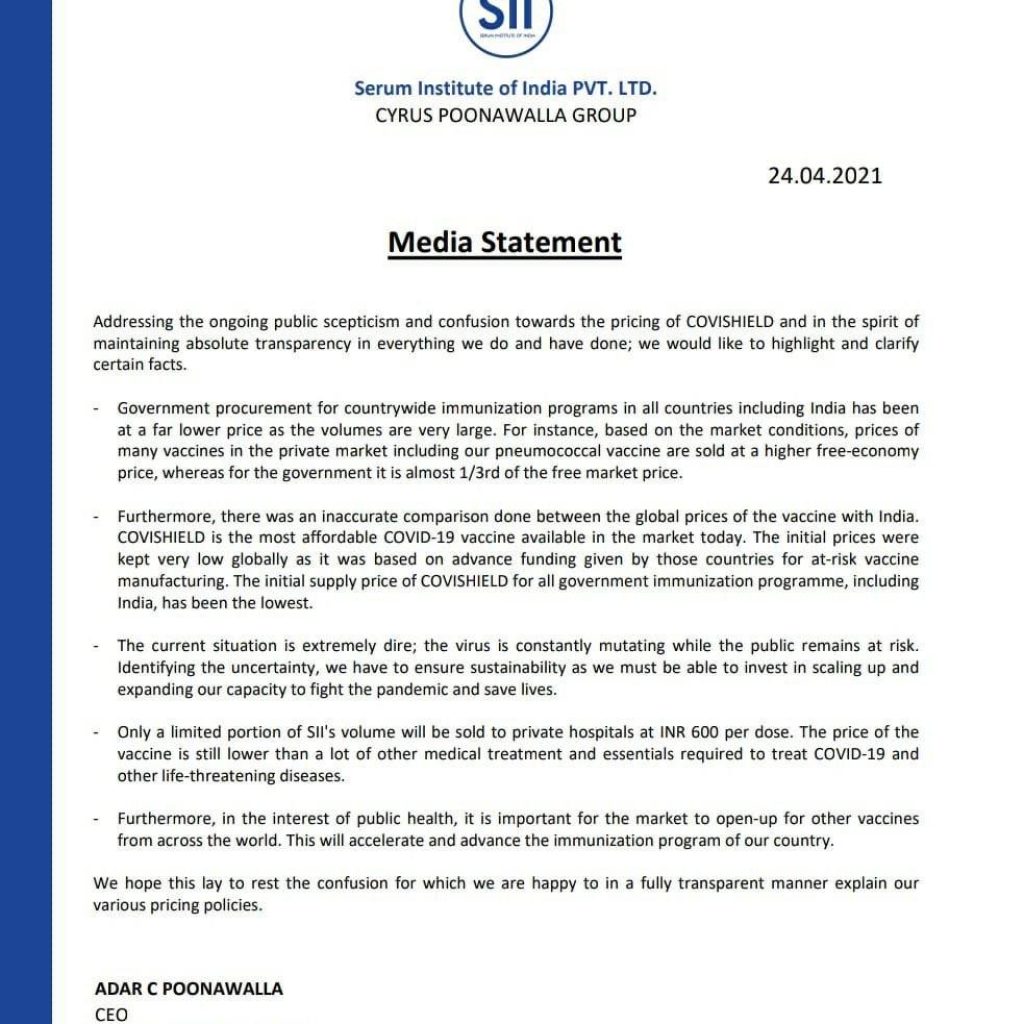Of the 162 oxygen plants sanctioned last year under pressure from the PMO, only 35 are in production as yet. Thanks to the Prime Minister’s intervention in April, nearly 90 will begin to operate by the close of May, with many more on the way. In the same way, the supply of drugs for Covid – 19 will be ramped up, writes Prof. Madhav Nalapat
On 30 November 2017, a paper on the origins of SARS coronavirus appeared in the journal PLOS Pathogens. Almost all 17 of the “equal” co-authors were from China, an exception being Peter Daszak, a British-born resident of the United States. An associate of China’s famed “Bat Woman”, Shi Zhengli, Daszak had been active in ensuring that large amounts of funding from the US flowed into the Wuhan Institute of Virology. He was supported in this by Dr Anthony Fauci, who has emerged as the lead figure in the fightback against the Covid-19 pandemic.
Given Daszak’s longstanding links with the Wuhan institute, it may have been prudent for him to recuse himself from the WHO team sent weeks ago to investigate whether the Wuhan Institute was responsible through negligence in releasing SARS-CoV-2 into the human population. Published papers indicate that the Institute was working for years on precisely such a coronavirus, and the funding arranged by Dr Fauci was intended to promote “gain of function” research into the virus, i.e., make it deadlier and perhaps more transmissible (perhaps in order to develop vaccines against such a strain).
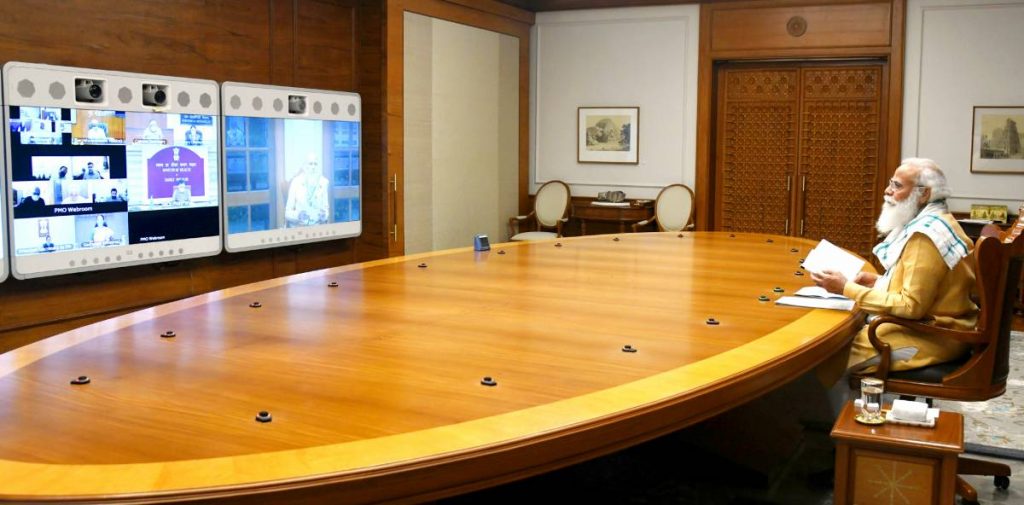
Although a US State Department team flagged the Wuhan Institute of Virology as having “defective and sloppy procedures”, it does not appear from the records that this and other such reports alarmed Dr Daszak, or if it did, such apprehensions were shared with Dr Fauci. It is because of the published papers that came out of the work of the numerous coronavirus-related experiments in the Wuhan lab that suspicions grew that the catastrophe originated from an inadvertent leak from the institute lab experimenting with the virus. The WHO study group (in which Peter Daszak was made a member) all but ruled out such a possibility on the basis of a visit to the lab more than a year after the leak of the virus was suspected to have taken place. No surprise, therefore, that no evidence of such a leak was discovered by the team, whose reliance on data supplied by their Chinese hosts was, in keeping with WHO policy under its current leadership, total.
Also Read – Priyanka Chopra asks Biden to share Covid vaccines for India
Discussions with experts resident in the US, who are cognizant of the centrality of India in the ongoing battle to retain the initiative in the Indo-Pacific, make it clear that the country is key towards ensuring the rollback of the Covid-19 pandemic across the world. They spoke on the basis of anonymity, out of worry that some of the facts mentioned may create adverse circumstances for them, were the identities of the sources made public. They have therefore not been named.
WHO FOLLOWED CHINA BLINDLY
On 23 January 2020, President Xi Jinping ordered the complete lockdown of Wuhan in an effort to contain the spread of the SARS-CoV-2 virus. This was perhaps the first time such a measure had been adopted anywhere in the world, and the WHO soon fell in line, recommending a similar total lockdown in all countries where the coronavirus had spread. This was the consequence of flights operating out of the PRC to cities across the world even ten weeks after the virus had entered the general population of Wuhan in particular. President Xi succeeded in ensuring that the effects of the pandemic on China were much lower—at least on record—than in almost all other countries.
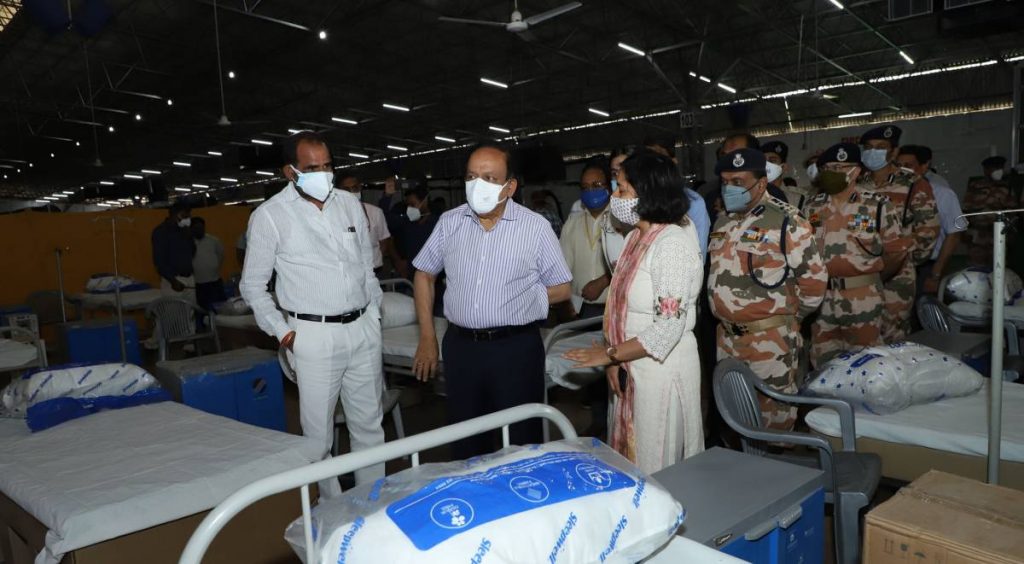
Paying heed to advice from the WHO, officials in India advised Prime Minister Narendra Modi to implement the biggest lockdown in the history of mankind. Nearly 1.3 billion people were anchored to the locations they were in for weeks as a consequence of the withdrawal of transport services. At the same time, again as a consequence of the incessant warnings belatedly issued by the WHO, a mood of panic spread amongst the populace concerning the very disease that had been intensively researched at the Wuhan Institute of Virology but which Peter Daszak and others were emphatic did not “originate” in that facility, leaving open the question of where this alternative source was. Dr Anthony Fauci, who has emerged as the principal strategist in the battle against the pandemic, appears to have broadly agreed with Daszak’s view that the Wuhan lab was innocent of blame.
Also Read – UNGA president seeks aid for India
Dr Fauci has in his toolkit the instruments that he first developed in order to fight the AIDS pandemic of the 1980s. Together with others, they spent billions of dollars (much of it from the Gates Foundation) in a search for a vaccine that would be effective against a disease that was a death sentence to all who caught it. Their associate was Seth Berkley, who now heads the Global Alliance for Vaccines and Immunizations (GAVI) after having been, for decades, President of the International AIDS Vaccine Initiative (IAVI).

Although the vaccine-focused strategy failed in the case of AIDS, media reports are that the same methods used by Dr Fauci and colleagues such as Dr Deborah Birx in the AIDS pandemic may be proving effective in the Covid-19 epidemic. A vaccine is similar to a sniper rifle, creating antibodies that hit directly at the virus. Those developed in the US, India, the UK and Russia seem to be effective in at least preventing serious consequences from SARS-CoV-2 even while not eliminating the possibility of infection altogether. India opted to route most of the vaccines supplied externally through the COVAX facility of GAVI, so that the WHO, other multilaterals and the Gates Foundation, rather than India got most of the credit internationally for the supply. It is unlikely that the generous act by the Health Ministry (of routing much of vaccine distribution through COVAX rather than India directly supplying needy countries) will bring any closer the MEA’s quest for a permanent seat in the UN Security Council.
Also Read – BAPIO announces strategy to support India
NEED FOR TAPPING DOMESTIC EXPERTISE
Thus far, much of the policy adopted by the Health Ministry in India are those that originated in the toolkit of the WHO. It may be helpful for Prime Minister Narendra Modi to look outside the WHO, especially into the possibility of developing a set of medicine “cocktails” that could be useful in saving lives during the pandemic and in facilitating swift recovery by a victim. Apart from AIDS, where therapeutic cocktails produced in India account for over 90% of the medications used to preserve the lives of sufferers, another disease that was brought under control not by vaccines but by preventive and curative therapeutics is malaria, a disease that thus far has defied efforts at developing a vaccine protecting against its spread by more than 30%.
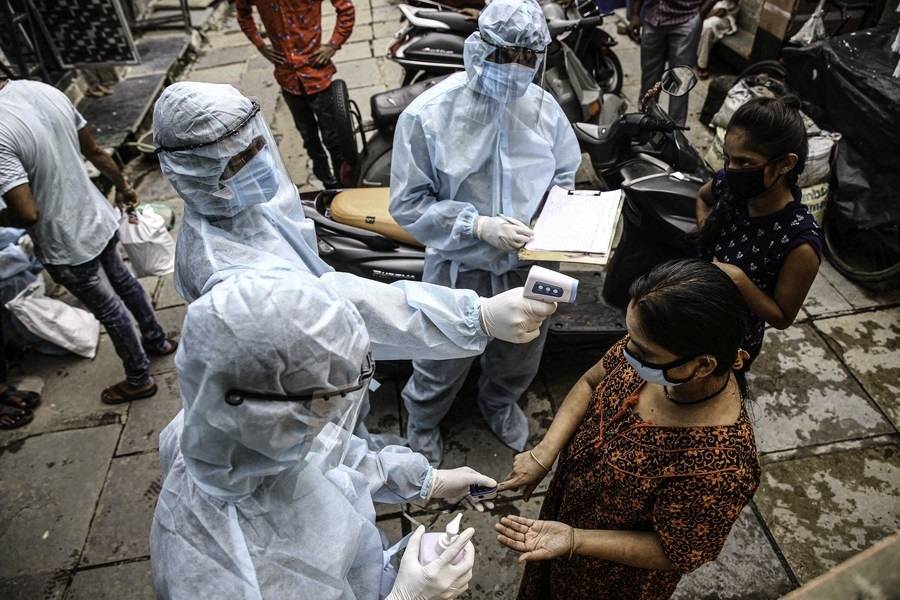
Whether it be Dexamethasone, Remdesivir, Ivermectin, Favipiravir or other anti-virals, more robust use by PM Modi of the powers available to government under Indian law could prove a game changer in the global battle to roll back the Covid-19 tide, including in India. Those in the establishment who have fallen prey to the blandishments offered by US-EU Big Pharma need to be identified and prevented from further damaging the Indian interest. Unless effective action is taken against the present “tsunami” (in the words of Prime Minister Narendra Modi), expectations of foreign investment into India by 2024 of up to a trillion dollars may dissolve. Already the UK has banned travellers from India from entering the country, while the Centers for Disease Control in Atlanta has advised US citizens not to travel to India until advised that it is safe to do so.
Also Read – Prince Charles’ Charity British Asian Trust Seeks ‘Oxygen For India’
Given the immensity and complexity of conditions in the country, a centralised policy on essential measures is doomed to failure. Among the causes of the present unprecedented and unexpected spike in SARS-CoV-2 caseload is the fact that Prime Minister Modi had to spend considerable amounts of time on the campaign trail and was therefore left with less time to supervise the officials in charge of managing the pandemic.
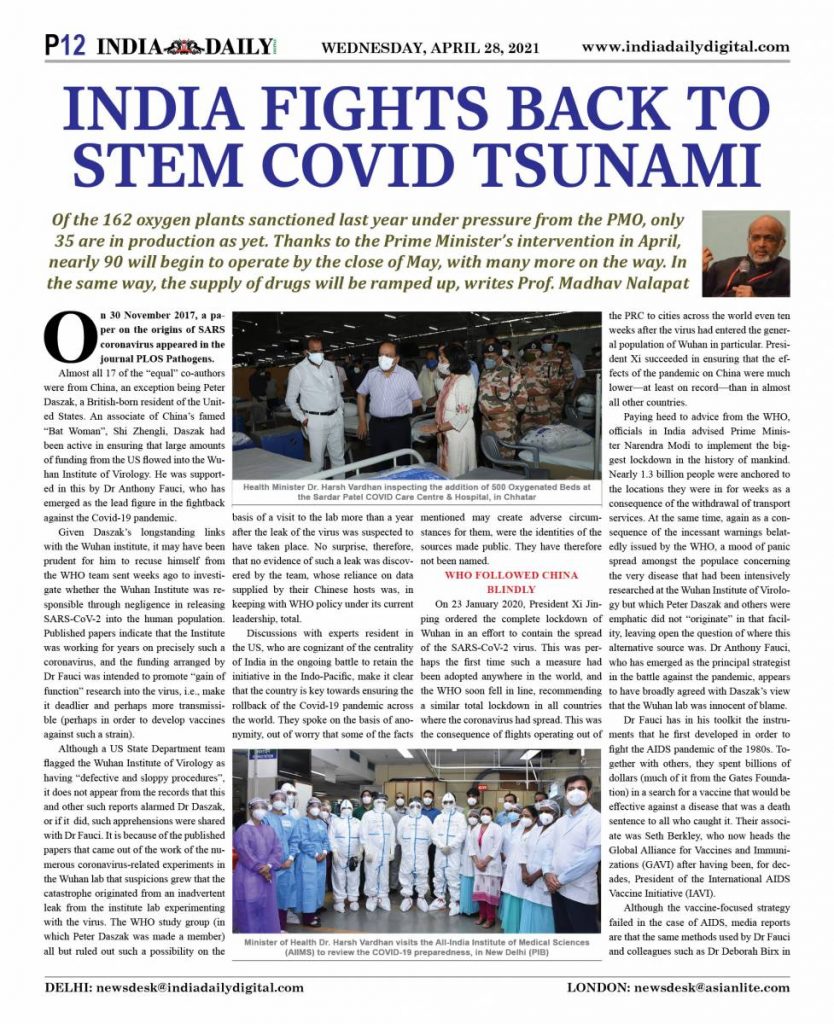
These officials have usually relied on the WHO and experts favoured by that agency for advice, despite the unsatisfactory performance of the WHO throughout the pandemic, beginning in November 2019, when its field units were in a position to know that a new form of SARS had struck the human population in parts of China. They could have then warned the world rather than claim for months afterwards that there was no epidemic and that in any case, the virus was barely infectious, and therefore international travellers from affected regions of the PRC were safe to admit.
BUREAUCRATIC BOTTLENECKS MUST GO
Judging by the situation prevailing in many parts of India, accurate predictions of the April-May requirement of drugs, vaccines and oxygen do not seem to have been made. It took the intervention of PM Modi to ensure that bureaucratic bottlenecks in the multiplication of plants for the production of these essentials were removed. Of the 162 oxygen plants sanctioned last year under pressure from the PMO, only 35 are in production as yet. Thanks to the Prime Minister’s intervention in April, nearly 90 will begin to operate by the close of May, with many more on the way.
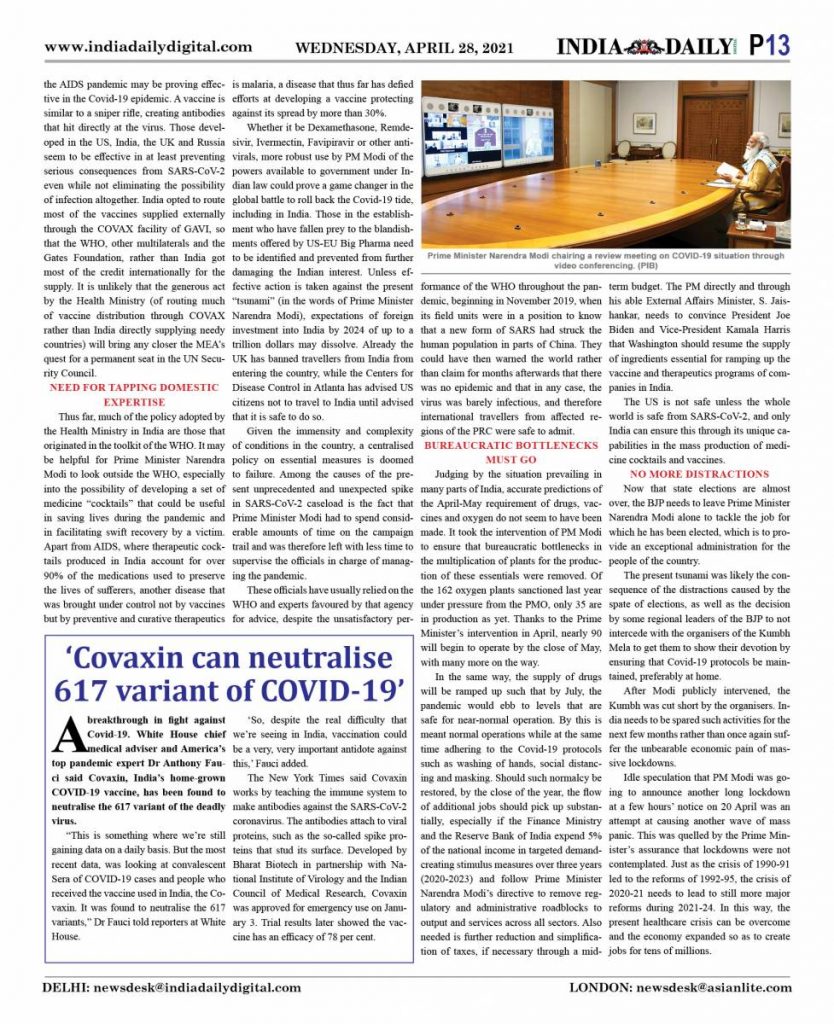
In the same way, the supply of drugs will be ramped up such that by July, the pandemic would ebb to levels that are safe for near-normal operation. By this is meant normal operations while at the same time adhering to the Covid-19 protocols such as washing of hands, social distancing and masking. Should such normalcy be restored, by the close of the year, the flow of additional jobs should pick up substantially, especially if the Finance Ministry and the Reserve Bank of India expend 5% of the national income in targeted demand-creating stimulus measures over three years (2020-2023) and follow Prime Minister Narendra Modi’s directive to remove regulatory and administrative roadblocks to output and services across all sectors. Also needed is further reduction and simplification of taxes, if necessary through a mid-term budget.
Also Read – Indian variant: WHO warns against hasty conclusions
The PM directly and through his able External Affairs Minister, S. Jaishankar, needs to convince President Joe Biden and Vice-President Kamala Harris that Washington should resume the supply of ingredients essential for ramping up the vaccine and therapeutics programs of companies in India. The US is not safe unless the whole world is safe from SARS-CoV-2, and only India can ensure this through its unique capabilities in the mass production of medicine cocktails and vaccines.
NO MORE DISTRACTIONS
Now that state elections are almost over, the BJP needs to leave Prime Minister Narendra Modi alone to tackle the job for which he has been elected, which is to provide an exceptional administration for the people of the country. The present tsunami was likely the consequence of the distractions caused by the spate of elections, as well as the decision by some regional leaders of the BJP to not intercede with the organisers of the Kumbh Mela to get them to show their devotion by ensuring that Covid-19 protocols be maintained, preferably at home.

After Modi publicly intervened, the Kumbh was cut short by the organisers. India needs to be spared such activities for the next few months rather than once again suffer the unbearable economic pain of massive lockdowns. Idle speculation that PM Modi was going to announce another long lockdown at a few hours’ notice on 20 April was an attempt at causing another wave of mass panic. This was quelled by the Prime Minister’s assurance that lockdowns were not contemplated. Just as the crisis of 1990-91 led to the reforms of 1992-95, the crisis of 2020-21 needs to lead to still more major reforms during 2021-24. In this way, the present healthcare crisis can be overcome and the economy expanded so as to create jobs for tens of millions.
Also Read – Indian companies’ contribution to UK economy grows

